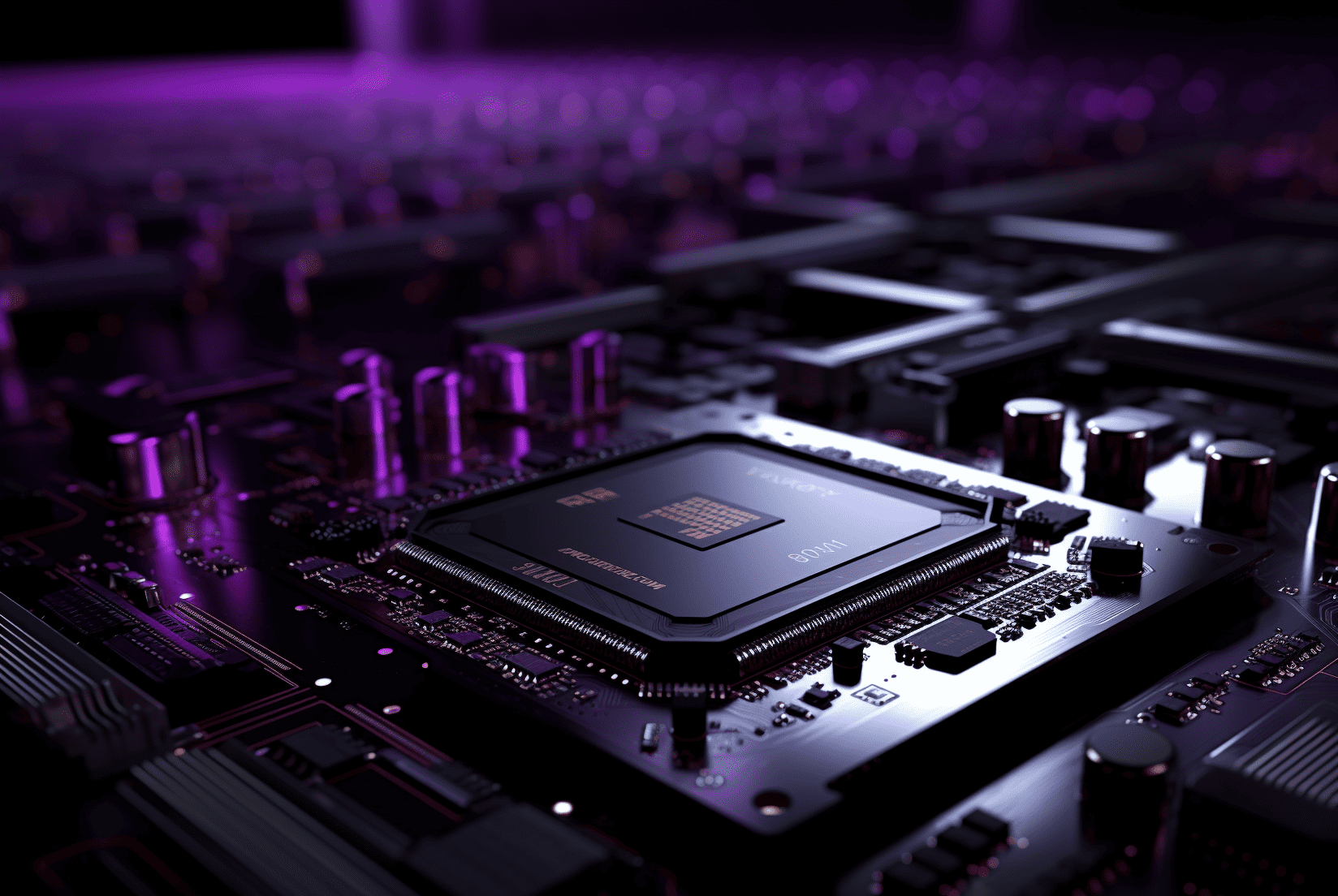
In the wake of escalating trade tensions and the imposition of US export controls, Beijing’s strategic move to offer subsidies for domestic AI chip purchases is a clear signal of its commitment to the semiconductor industry, specifically in the realm of artificial intelligence (AI) computing. The Beijing Municipal Bureau of Economy and Information Technology’s decision to provide financial incentives for the procurement of China-made graphics processing units (GPUs) is a pivotal step towards achieving technological self-sufficiency.
Benefits and operational mechanism
The initiative to support local firms in acquiring domestically produced AI chips is expected to bolster Beijing’s computing infrastructure and foster an environment conducive to the growth of intelligent computing services. By leveraging subsidies, the city aims to accelerate the adoption of AI processors, which are paramount for training large language models and providing generative AI services akin to ChatGPT. Developing core technologies such as AI processors, operating systems, and databases within the city’s jurisdiction aligns with the broader goal of reducing dependence on foreign technology amid stringent US sanctions on chip exports to China.

ASML, the largest equipment supplier to computer chip makers, recently said that geopolitical tensions and any expansion of a U.S.-led campaign to restrict its exports to China remain business risks. In its annual report, the Dutch company flagged the growing list of restrictions imposed by the United States, mainly with the assent of the Dutch government. Those include Dutch licensing requirements for most of ASML’s advanced product lines, as well as a unilateral move by the U.S. in October 2023 to restrict exports of older equipment to unspecified Chinese plants.
Silicon Photonics and Quantum Computing
The Beijing government’s focus is not limited to traditional semiconductor technology; it also targets advancements in silicon photonics and quantum computing chips. These technologies represent the cutting edge of the semiconductor industry, and Beijing’s interest in them underscores the city’s ambition to be at the forefront of the next wave of technological breakthroughs. Silicon photonics involves using photonic systems to transport data among computer chips, which promises faster and more energy-efficient data processing. Quantum computing, on the other hand, harnesses the principles of quantum mechanics to perform calculations at speeds unattainable by traditional computers. These innovations could have far-reaching implications for various industries, including cryptography, drug discovery, and complex system modeling.
Autonomy by 2027
The subsidies are part of Beijing’s broader strategy to reach full self-reliance on smart computing infrastructure by 2027. The Ascend 910 chips from Huawei Technologies have been highlighted as a potential domestic alternative to foreign chips, with intelligent computing centers established by the government leading the purchase of these domestic AI chips. This move directly responds to the U.S. Department of Commerce’s export restrictions, which have targeted advanced chips like Nvidia’s A800, H800, and H100, all critical components for AI applications.









